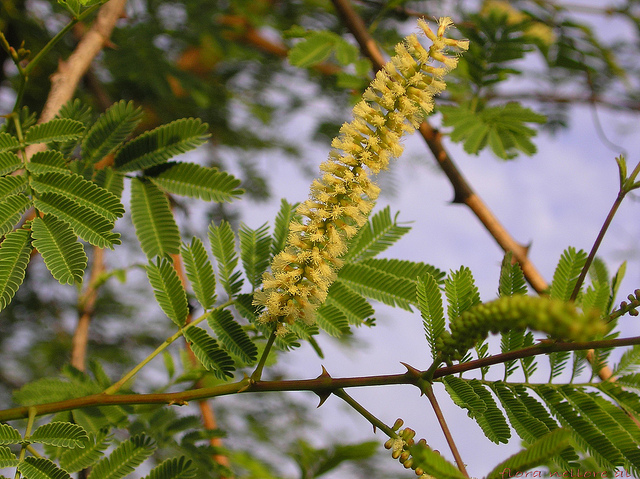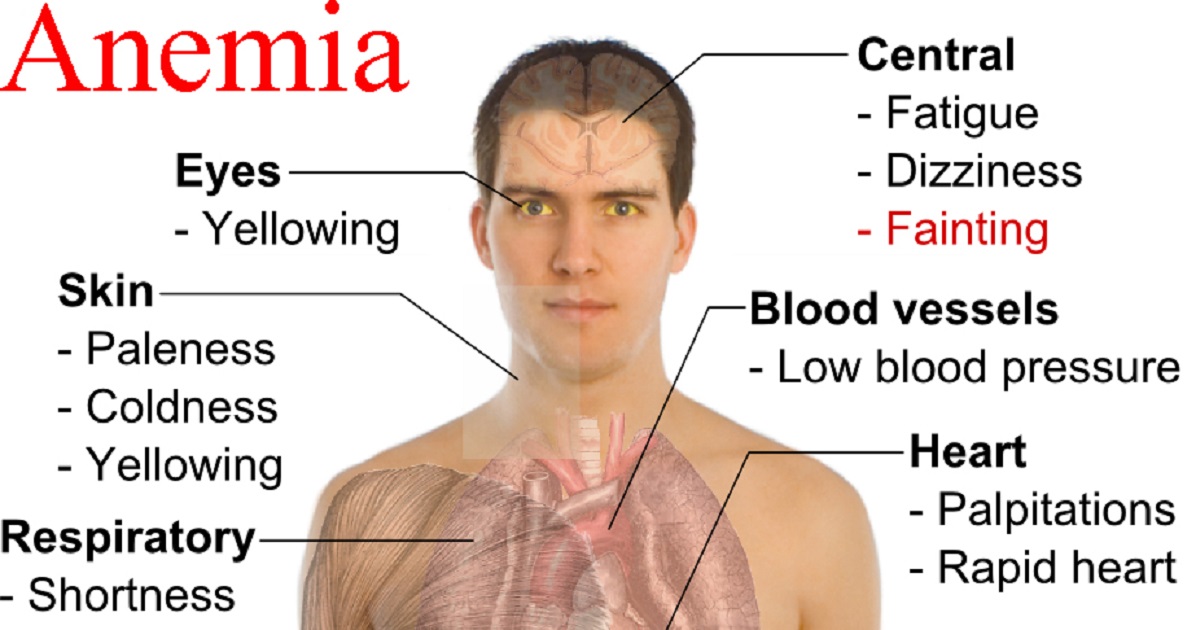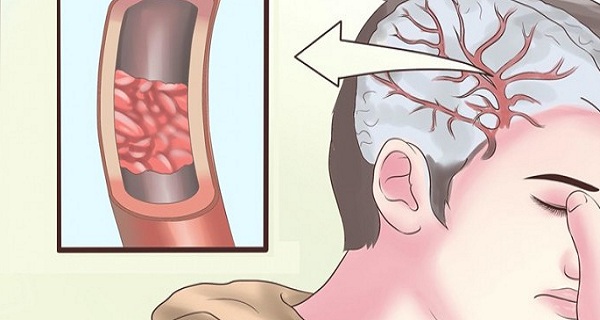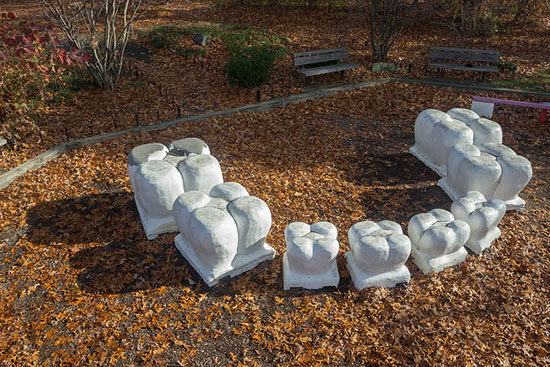Meteoropathy is a symptomatic reaction of our body to climate change. Factors involved are: temperature, UV rays, moisture, wind, rain, thunderstorms etc.

This affects people so much, so that in some Mediterranean countries meteoropathy is taken into consideration in criminal proceedings.
What meteoropatics feel:
Meteoropathy can be dangerous for people with hard diseases because it can additionally worsen their condition.
Meteoropathy symptoms usually appear 24-48 hours before weather change occurs, especially to over sensitive people and they include:
- Depressive conditions
- Headaches
- Dizziness
- Physical weakness
- Hypertension
- Mood changes
- Existing conditions
- Anxiety
This condition usually lasts for a day or two and then the organism stabilizes. Symptoms are the same no matter they time of the year.
There are 2 types of meteoropathy:
Primary or basic meteoropathy occurs to healthy people in the dorm of mood changes, physical weakness or pains during weather changes.
Secondary meteoropathy is a condition when existing disease like irregular blood pressure, or degenerative diseases get worsened because of the weather.
Meteoropathy causes:
Weather changes cause electromagnetic waves that affect the hipothalamus in the brain and indirectly strengthen the secretion of stress hormone, decrease production of the hormone of happiness, which leads to increased anxiety, irritation, headaches and similar symptoms.
A fall of the atmospheric pressure makes the blood veins thinner, while increased atmospheric pressure makes them broader. Similar process happens to bones and joints, which is the cause of pain.
Human distancing from nature is considered to be another cause of meteoropathy.
How to ease the symptoms
Regularly follow the weather forecast so that you could prepare of what is about to happen. Natural herbs and food supplements can also help, and you should start taking them at least 2 days before the expected symptoms appearance.
Rhodiola rosea
Studies show that this herb drastically decreases stress levels, brings back the physical strength, strengthens the memory and stress resistance thus preventing frequent mood swings.
It helps with heart issues and high blood pressure die to the anti-inflammatory properties.
It is recommended for chronic fatigue, depression, insomnia, headaches, muscles pain and high blood pressure.
Recommended daily dose of rhodiola roseae extract is 300-600 MG daily.
Guarana
Guarana seed extract eliminates fatigue and stimulates the central nervous system. As a natural stimulus, Guarana is recommended to people under stress and everyone that one to get the maximum of themselves when it is necessary.
It is used for improvement of cognitive functions and performances of sportists.
This herb contains high level of caffeine, but differing from coffee, Guarana does not cause negative effects like faster pulse.
Recommended daily dose is 0,5-1 gram.
People with high blood pressure should consult doctor before taking Guarana.
Lecithin
It is recommended to people that have issues with joint pain or movement.
It is present in nervous cell membranes. It stimulates memory and concentration, preventing dementia appearance.
People that are too sensitive to soya should take 200-50p milligrams, while the normal dose is 1200 mg.
Siberia ginseng
It strengthens and stimulates the organism.
It extract helps the body adaptation to stress. This herb is used to improve bodily conditions, working abilities, immunity and nervous system.
Recommended dose of ginseng is 200-300 mg and it can be consumed for a longer period. People with high blood pressure should be careful.
Herbal teas
Chamomile tea or lime tea decrease nervousness and tension. It is desirable to drink it few days before symptoms appearance.
Valerian tea is a great choice for people that suffer from insomnia. Drink it at night, be careful to consume it during the day so that you don’t have to sleep too much.
If there is thick fog, people with chronic diseases, especially asthmatics should avoid going outside and drink teas that improve circulation like ginger tea.
Magnesium and vitamin B should also be additionally consumed.
Frequently going in nature and exercising are one of the best remedies for meteoropathy and are absolutely free.




















